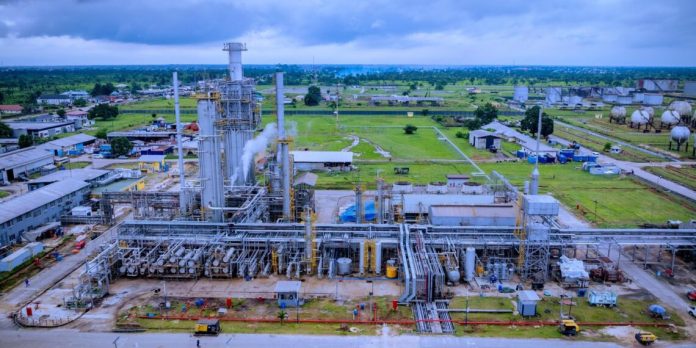The Petroleum Products Retail Outlet Owners Association of Nigeria (PETROAN) confirms that the Port Harcourt Refinery Company Limited has not issued a new purchase price for Premium Motor Spirit (PMS).
Dr. Billy Gillis-Harry, National President of PETROAN, states this on Wednesday, addressing public expectations following the refinery’s recent resumption of operations.
Refinery Resumes Operations
The Port Harcourt Refinery, managed by the Nigerian National Petroleum Company (NNPC), resumes operations after rehabilitation, marking a significant milestone with its first truck-out of petroleum products on Tuesday. This signals the beginning of crude oil processing at the plant and the delivery of refined products to the local market.
The refinery currently operates at 70% of its 60,000 barrels per day (bpd) capacity and plans to ramp up production to 90% in the coming months to support Nigeria’s fuel demands.
PETROAN Comments on Pricing
Dr. Gillis-Harry explains that PETROAN members continue to purchase PMS based on the old pricing structure while waiting for an official update.
“We are pleased with the progress at the Port Harcourt Refinery. The resumption of production and loading is a positive step, and we expect NNPC to announce the new PMS price soon for the benefit of Nigerians,” he says.
NNPC Clarifies Bulk Sales
The Chief Corporate Communications Officer of NNPC, Mr. Olufemi Soneye, emphasizes that bulk sales have not commenced. He explains that the purchase portal remains closed as final preparations are still underway.
“The PMS currently available at NNPC retail outlets is sourced from the Dangote Refinery and includes standard regulatory fees,” Soneye states.
He further mentions that products from the Port Harcourt Refinery are currently reserved for NNPC outlets, and pricing is under regular review, with adjustments made as necessary.
Addressing Nigeria’s Fuel Challenges
The Port Harcourt Refinery’s return to operation is a crucial step in reducing Nigeria’s dependency on imported fuel. For years, the country has grappled with insufficient domestic refining capacity, leading to heavy reliance on costly imports.
The refinery is expected to address these challenges by ensuring a steady supply of refined products, boosting energy security, and reducing the financial strain of fuel imports on the economy.
While the announcement of a new PMS price is pending, the refinery’s ongoing operations are a promising move toward stabilizing local fuel prices and supporting Nigeria’s broader economic goals.












